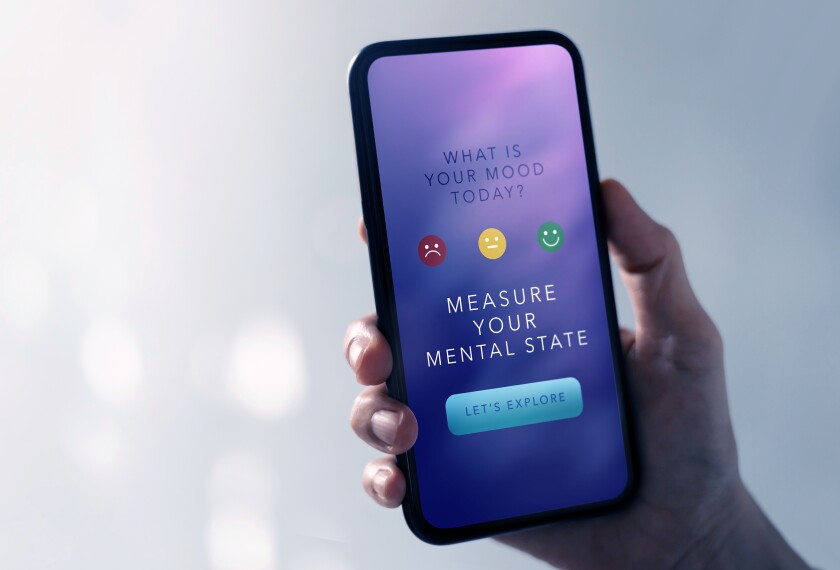A bipartisan bill to extend pandemic-era nutrition waivers would help school nutrition workers respond to supply-chain and inflation challenges—but it doesn’t include an extension of universal free school meal programs, as many school nutrition groups had urged.
Four lawmakers, including two Republicans and two Democrats, announced the Keep Kids Fed Act Tuesday. If passed, the bill would extend some of the U.S. Department of Agriculture waivers that provided nutrition workers with more flexibility to respond to pandemic-era challenges.
“With 90 percent of our schools still facing challenges as they return to normal operations, this will give our schools and summer meal programs much-needed support to deal with ongoing food service issues,” U.S. Sen. Debbie Stabenow, D-Mich., one of the lawmakers introducing the bill, said in a statement.
Stabenow joined Sen. John Boozman, R-Ark., and Representatives Bobby Scott, D-Va., and Virginia Foxx, R-N.C., in introducing the bill.
The waivers, which the USDA first issued in 2020, are set to expire on June 30. The waivers opened free school meals up to all students regardless of family income for the first time in U.S. history. They also benefitted school nutrition workers and families by allowing the flexibility to offer meals to-go, giving school nutrition departments higher than normal reimbursement rates for meals, and allowing more flexible nutrition requirements to combat supply shortages.
Ninety percent of school food authorities, including both public and private schools, took advantage of the waivers, according to a USDA survey released on March 4. Congressional lawmakers tried and failed to include an extension of the waivers in the $1.5 trillion spending bill that President Joe Biden signed on March 15.
School nutrition advocates worry the end to the waivers would mean an added burden on cafeteria workers as they deal with staffing shortages and supply chain challenges. They also fear an end to the universal free meal portion of the waivers would mean fewer students having access to meals.
The bill announced Tuesday aims to address the logistical portions of those concerns. If passed, it would continue higher than normal reimbursement rates for school meals.
Schools would receive an additional 40 cents for lunch and 15 cents for breakfast from the federal government. The bill would also extend a waiver that allows schools to offer grab-and-go meals or substitute certain meal requirements because of supply chain challenges.
“While these waivers don’t solve supply chain issues, lower the rising cost of food and gas, or solve our nation’s inflation problem, they do help soften their impact on schools and community organizations and, ultimately, keep kids fed and nourished,” Lisa Davis, senior vice president for No Kid Hungry, said in a statement. The nonprofit is dedicated to solving hunger and poverty problems in the United States.
Expiration of universal free meals still looms
The bill would not extend the waiver that allowed free school meals for all students, regardless of income.
Starting next school year, many students and their families will have to prove their household income is at or below 185 percent of the federal poverty line or attend a school that offers all students free meals through the Community Eligibility Provision. That will mean more paperwork and outreach for nutrition workers, as some parents haven’t ever had to apply for free- and reduced-price lunch.
Efforts to establish a national universal free school program have been blocked by Republican lawmakers, citing concerns about fiscal responsibility. The new bill received bipartisan backing in part because it is budget-neutral, meaning it doesn’t require an increase to federal spending.
“This budget-neutral legislation will also put our country’s school nutrition programs back on the right track and keep the permanent pandemic narrative from being used to expand school meal programs beyond their intended purpose,” Rep. Virginia Foxx, R-N.C. said in a statement.
Students in a handful of states—including Vermont, Maine, and California—will have access to free meals after state lawmakers passed their own legislation to establish universal meal programs. Other states—including Colorado, Massachusetts, Minnesota, and New York—have proposed efforts to establish their own universal meal program.






